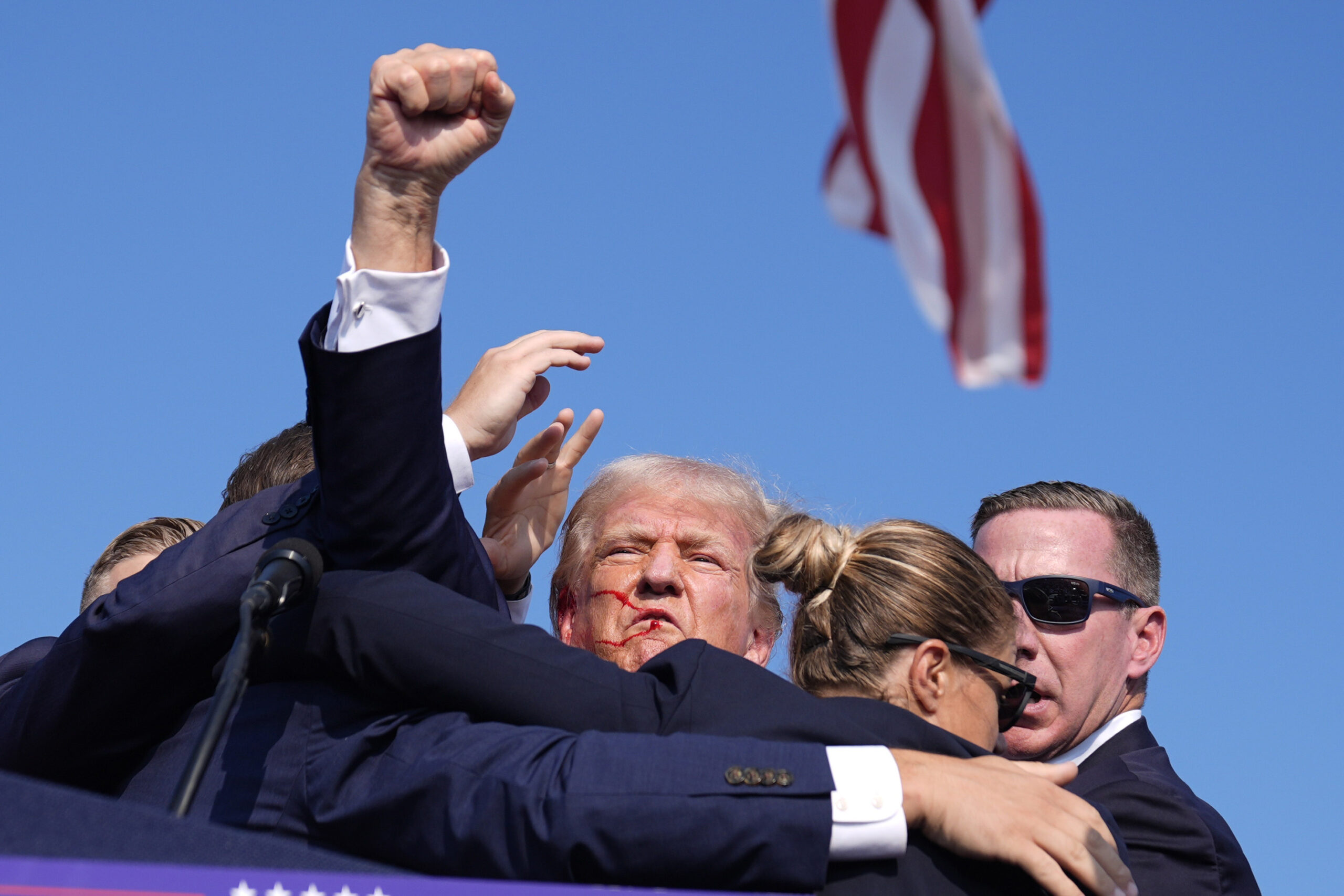Philippine VP Sara Duterte Threatens Retaliatory Violence Amid Political Turmoil
In a startling declaration that has sent shockwaves through the political landscape of the Philippines, Vice President Sara Duterte claimed during an online press conference on Saturday that she had arranged for the assassination of President Ferdinand Marcos Jr., First Lady Liza Araneta-Marcos, and other senior officials should she meet an untimely demise. This alarming statement has intensified the already existing political tensions within the nation, raising questions about the stability of the Philippine government.
A Bold and Controversial Statement
Duterte’s press conference was not just a routine address; it was a furious outburst filled with expletives targeted at President Marcos and his allies, whom she accused of corruption and incompetence. The vice president’s threats were not presented as hyperbolic; she articulated them with a chilling seriousness. “Don’t worry about my security,” she said. “I’ve talked with someone. I told them, ‘If I’m killed, you’ll kill BBM, Liza Araneta, and Martin Romualdez.’ No joke.” Her proclamation was clear: if harm were to come to her, significant retaliation would follow.
Immediate Security Concerns
As a result of Duterte’s incendiary remarks, the Presidential Security Command took immediate action by enhancing the security measures surrounding Marcos and his family. Lucas Bersamin, the Executive Secretary, referred the matter to an elite presidential security team for further examination. The Command emphasized the seriousness of this threat, stating, “This is a matter of national security. We will take all necessary measures to ensure the safety of the President and the First Family.”
Despite the gravity of her statements, there is still uncertainty surrounding potential legal or disciplinary actions against Duterte for her declarations. Under Philippine law, threats that can result in physical harm carry criminal implications, including imprisonment and fines. Whether Duterte will face charges remains a pressing question amidst this escalating crisis.
Political Fragmentation: The Marcos-Duterte Rift
The political alliance between Marcos and Duterte, which appeared solid during their campaign leading to the May 2022 elections, is now showing cracks. Initially elected on a unified platform of national solidarity, their relationship has deteriorated due to diverging policies and growing tensions, particularly concerning Chinese assertiveness in the South China Sea and various domestic issues.
Duterte, who is renowned for her populist rhetoric and connections to her father’s contentious legacy, has increasingly become a vocal critic of the Marcos administration. She has alleged political persecution and called out corruption involving Marcos, Araneta-Marcos, and Speaker Martin Romualdez, which has further strained their alliance.
Recent frustrations spilled over into public view as congressional inquiries into Duterte’s office budget escalated. The situation intensified when her chief of staff, Zuleika Lopez, facing accusations of obstructing the investigation, was detained by House members loyal to the Marcos administration. Lopez’s subsequent hospitalization due to ill health while in custody intensified Duterte’s anger and likely contributed to her extreme declarations during the press conference.
The Military’s Response
In the wake of these developments, the Armed Forces of the Philippines have reiterated their commitment to remaining neutral in the political fray. Gen. Romeo Brawner, the military chief, stated that the military, comprising 160,000 members, would uphold democratic institutions and call for calm amidst rising tensions. “We must stand together as Filipinos against forces that seek to divide us,” he urged, emphasizing the need for unity during such a tumultuous period.
Duterte’s Controversial Legacy
The vice president’s statements have drawn comparisons to the controversial actions of her father, Rodrigo Duterte, whose administration was marred by grave accusations regarding extrajudicial killings as part of his anti-drug campaign. Despite his persistent assertions denying the authorization of such tactics, his rhetoric often suggests tacit approval of violence against those he deemed criminals.
Rodrigo Duterte’s legacy remains one of significant debate, and as political tensions escalate, many are left wondering how his daughter’s provocative threats may resonate with the public and reflect upon her own political future. The vice president’s threats against her political rivals suggest a potentially dangerous and volatile path forward, one that echoes the infamous tactics associated with her father.
The Current Political Climate
As the Philippines navigates through these tumultuous times, the implications of Duterte’s statements extend far beyond mere rhetoric. The nation is now left to grapple with the reality of a divided leadership that poses risks to governance and national stability. The growing antagonism can disrupt not only internal political relations but also impact international perceptions of the leadership’s legitimacy and stability.
While the repercussions of Duterte’s threats are still unfolding, one thing is clear: the Philippine political arena is fraught with tension, uncertainty, and lingering questions about the future of the government. Given the weighty historical context and the ongoing struggles for power, Filipinos are positioned at a crossroads, with the potential for either reconciliation or further conflict across the political landscape.
This report includes contributions from the Associated Press.
